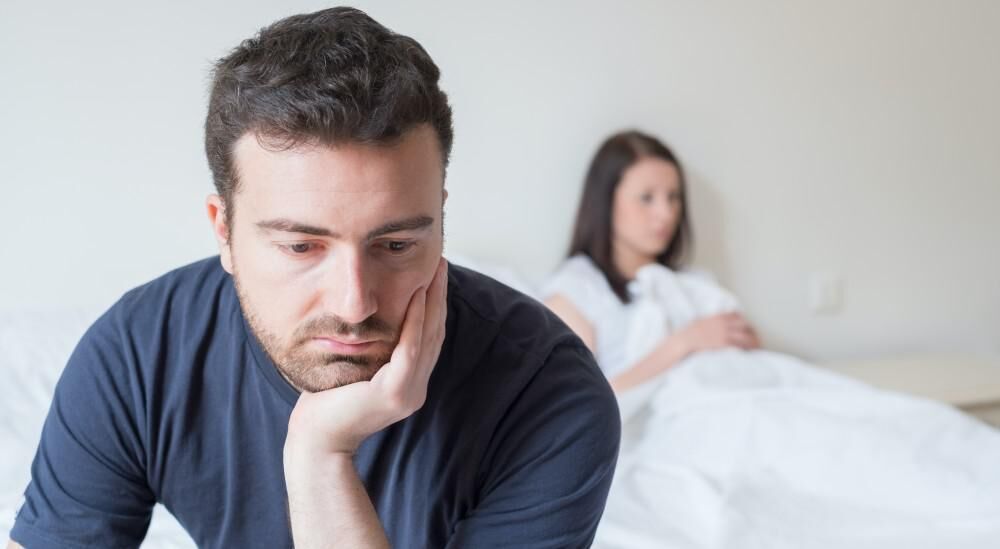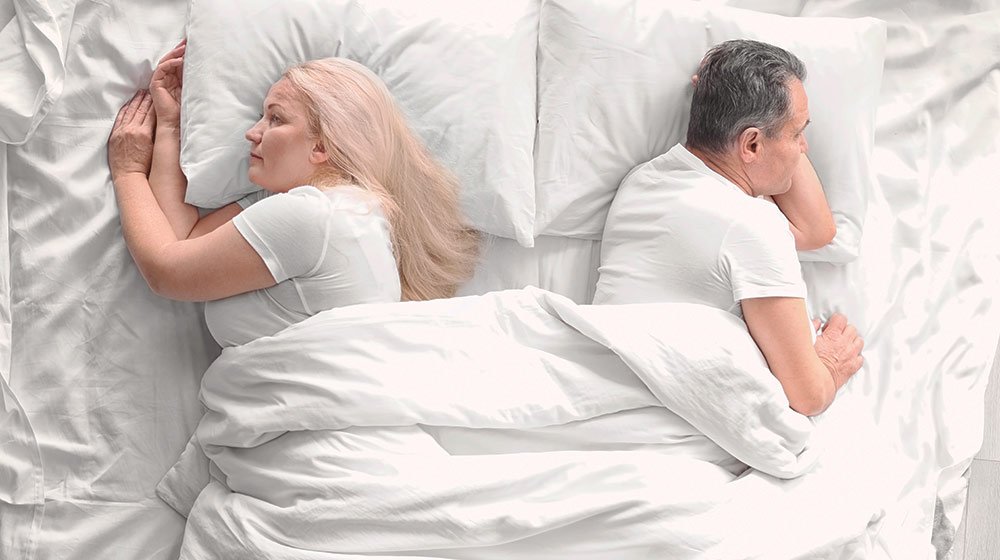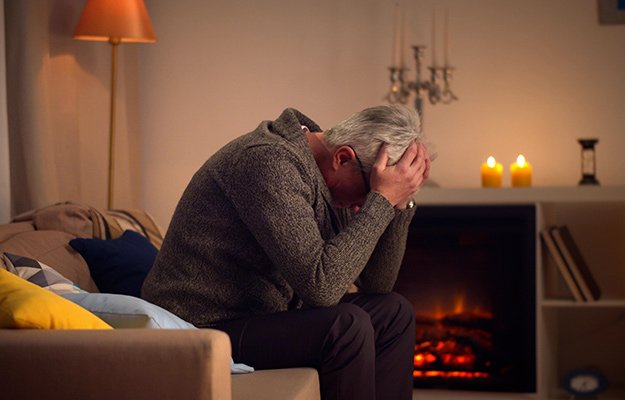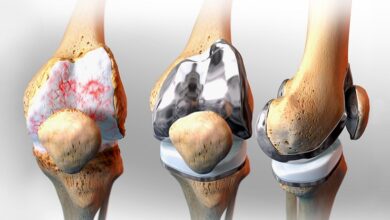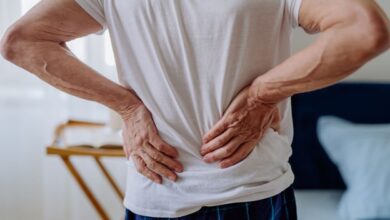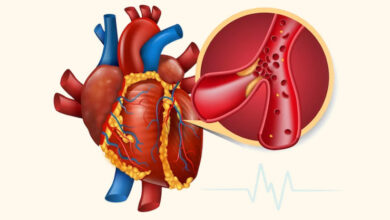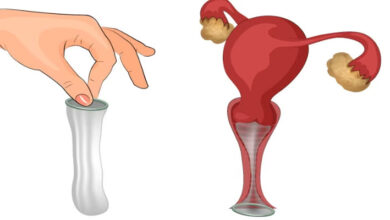At what age do men lose their libido?
Age and libido are closely related.
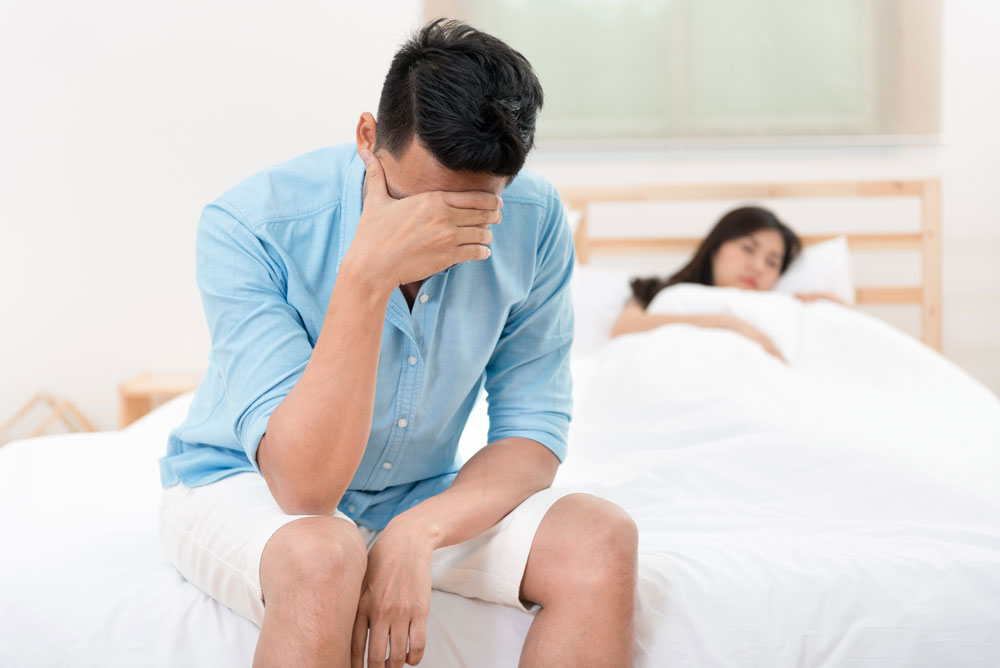
helpbestlife: Age and sexual desire are closely related. While sexual desire decreases with age, it is not a reason not to experience sexual intercourse altogether.
You’ve probably heard that women’s libido peaks later than men’s. Research shows that it is true. Female libido tends to increase with decreasing fertility. It then decreases after menopause.
Your libido is determined primarily by brain function, hormones, and beliefs and attitudes about sex. This can change due to mental state, stress levels, overall health, and long-term hormonal changes.
In addition, based on your mental state, stress level, and hormones, your sexual desire also changes.
This article looks at how your libido is expected to change as you age and how you can increase your libido at any age.
Age and libido
The increase and decrease of sexual desire with age differ for different sexes.
Female hormones, hormonal birth control, pregnancy, and menopause affect the libido level and cause many fluctuations.
For men, primary influences on libido include testosterone levels and overall health. While testosterone is considered a male hormone, women also have amounts of it in their bodies.
The 20s
Regardless of your biological sex, testosterone levels are high in your 20s. Sexual desire is also directly affected by the hormone testosterone.
In men, testosterone levels peak at age 18. After this age, it gradually decreases. However, men generally have sufficient testosterone levels during this decade to support a healthy libido.
Women’s fertility begins to decline in their late 20s, and declining fertility appears to increase libido. Experts don’t fully understand why, but it may be the body’s way of encouraging reproduction before it’s too late.
The 30s
Testosterone decline continues into the 30s. In men, this rate of decline may increase to about 1% per year until around age 40.
For many women, their 30s is when their libido peaks. Sexual fantasies may also increase. You may have more frequent sex, and your desire for sex has increased.
40’s
According to studies, in men, the decline in libido in the 40s is usually more pronounced, leading to dissatisfaction in couples.
They experience less full and long-lasting erections and less desire for sex. At this age, erectile dysfunction shows itself more than before.
For women, perimenopause usually begins in the 40s, which means that estrogen (the female hormone) levels drop.
Low estrogen can mean vaginal dryness, which can lead to painful intercourse. Testosterone also tends to decrease in this decade. All of these things can lead to a decrease in libido.
The 50s
In the 50s, both men and women experience decreased sexual desire and the amount of sex they have. The noticeable physical changes in this decade are:
Low-quality erection
Decreased ejaculation volume
vaginal dryness
Less sexual pleasure
Decreased overall sexual function
A study found that in men, deteriorating health is one of the main reasons for decreased sexual activity. However, the researchers note that sexual desire, training, and performance remained strong throughout this decade of life.
The 60s+
Sexual dysfunction, chronic illness, and the death of a partner all become more common after age 60, contributing to a continued decline in sexual desire and activity.
However, this does not mean that you should expect to stop having sex as you get older. Research shows that people in their 60s and older can still be sexually active.
A Dutch study published in 2017 examined the level of sexual activity in community-dwelling older adults. Almost half of those with partners reported sexual activity in the past six months.
Another study reported that 40 percent of women over 60 had low libido. However, women said that sex was an essential part of their lives.
A 2020 study reported several factors that contribute to decreased libido after age 60:
Vaginal symptoms after menopause
Erectile dysfunction
tiredness
feeling pain
Pressure
Worrying about the appearance of the body
While some of the consequences of aging are unavoidable, many can be managed medically.
How to increase libido
While libido naturally changes over time, that doesn’t mean you have to live with lower libido. There are several things you can do to strengthen it.
Talk to your doctor first to see if this is a regular change or a diagnosable sexual dysfunction. Depending on what they find, they may prescribe medication or help you find ways to correct it.
Suppose your loss of libido was just related to age. In that case, you can increase your libido with lifestyle changes.
Increase exercise and physical fitness.
Exercise, activity level, weight, and fitness are related to libido. The good news is that even a slight increase in physical activity can boost libido, according to some research.
Studies have also linked obesity and physical inactivity to sexual dysfunction.
Men with a higher body mass index (BMI) were 30% more likely to have erectile dysfunction. About 40% had decreased sexual desire, and 50% had performance problems.
With exercise, it is possible to:
Increase your energy and stamina
It helps to lose weight
Ensure the health of your heart
Improve mood and mental health
Help manage chronic conditions such as type 2 diabetes
Reduce chronic pain
All of these effects may help boost your libido.
But while being active is better than being inactive, you may be harming your libido by exercising too much. Some research suggests that regular, intense endurance training may reduce male libido.
Eat aphrodisiac foods
Certain foods may help increase your libido. Many do this by improving blood circulation, and others by increasing energy. It is essential for erection as well as for female arousal.
Others may increase your libido directly or improve your mood by changing brain chemistry. Suitable foods to increase libido are:
raw oysters
Avocados
Strawberry
blueberry
watermelon
Sweet potatoes
spinach
garlic
an onion
Persian Shallot
Leeks
Avoid foods that reduce libido.
Certain foods can decrease your libido and performance. Some of them reduce testosterone levels, while others disrupt blood circulation.
Foods that reduce libido include:
alcohol
Saturated fats (such as fatty beef, pork, butter, and cheese)
Trans fat (such as fried or baked food, sweets, margarine, and some baked goods)
Mint and menthol
licorice root
Soy and soy-based products
Manage stress
Stress causes many changes in the way your body functions. Chronic stress increases cortisol levels, which can suppress sex hormones and reduce libido.
It can also negatively affect your mood and state of mind. Changes in mood and emotions are also associated with decreased sexual desire.
Stress management:
Eliminate stressors if possible
Learn relaxation techniques
Exercise
Meditation and the use of techniques based on mindfulness
Do yoga, tai chi or qi gong
When your body’s chronic stress stops, your hormone levels should return to normal.
Improve sleep quality
Some studies have linked poor sleep with low libido.
The first step is to take a look at your sleep hygiene.
Some tips for better sleep include:
Have a relaxing bedtime routine
Use your bed only for rest and sex
Make your bedroom quiet, dark, and cool
Have a consistent sleep schedule, even on weekends and during holidays
Aim for seven to nine hours of sleep a night
Go to bed only when you are tired
If you have yet to fall asleep in 20 minutes, get up and find a quiet activity you can do without too much light.
Limit screen use at night and exposure to bright lights
Avoid caffeine in the afternoon
Avoid alcohol before going to bed
Better sleep may improve your health in many ways besides your libido, so it pays to develop better habits.
If your sleep quality does not improve with these steps, ask your doctor if you may have a sleep disorder. Diagnosing and treating it can significantly affect how much you sleep.
Reconnect with your partner.
Research confirms what you may already know: Feeling emotionally connected to your partner increases desire and arousal. Women need emotional connection more than men.
Relationship experts recommend the following methods to increase sexual desire:
Turn off the devices and talk to each other more
When your partner comes to you with a problem, really listen
Touch each other more in romantic ways
When your partner tries to get your attention, really pay attention.
If you cannot reconnect with your partner, consider couples counseling.
Summary
Men’s libido peaks in their 20s and then gradually declines with age.
Women’s libido increases with the reproductive years and then decreases with menopause.
You can increase your libido with moderate exercise, dietary changes, stress management, better sleep, and an emotional connection with your partner.
